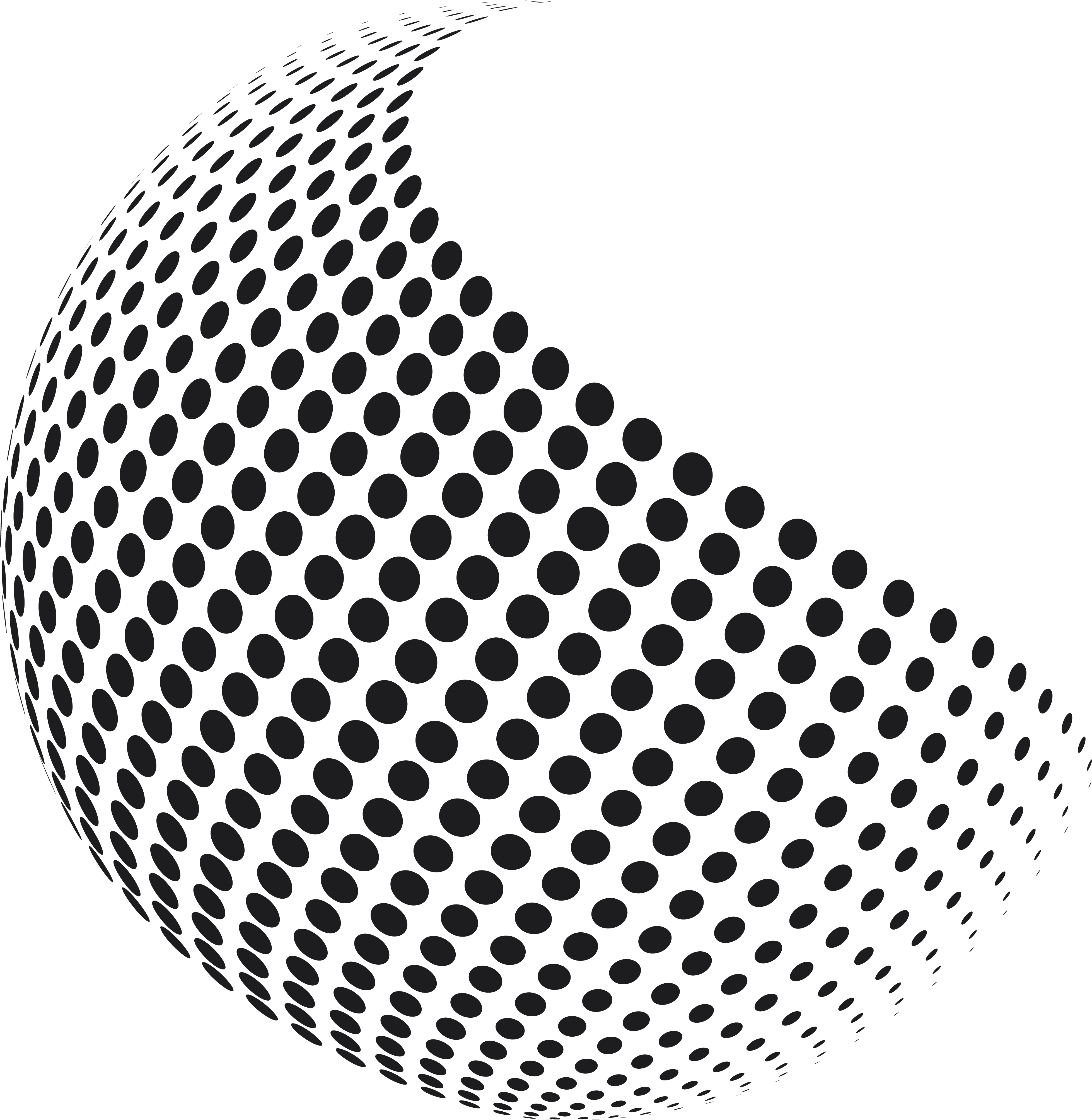The Future of the Fabric Industry
- Grey Exim
- Jul 19, 2023
- 2 min read
Updated: Jan 17
The fabric industry, always at the forefront of innovation, adapts to consumer needs and technological advancements. Exploring its future, we delve into emerging trends, sustainable practices, and cutting-edge technologies revolutionizing fabrics. Join us envisioning a future where fabrics are functional, fashionable, and environmentally responsible.

Exploring Innovative Technologies
The fabric industry is no stranger to embracing new technologies. From advanced weaving techniques to intelligent textiles and 3D printing, innovative technologies are reshaping how fabrics are designed, produced, and used. Imagine garments that can monitor vital signs, fabrics with self-cleaning properties, or even personalized clothing created through digital fabrication. These advancements not only enhance the functionality of fabrics but also pave the way for personalized fashion experiences.
Smart Fabrics: With the integration of sensors and conductive materials, fabrics can now interact with technology, providing health monitoring or environmental response capabilities.
3D Printing: This allows for the creation of custom-fit garments with minimal waste, revolutionizing both production and consumer experience.
The Rise of Sustainable Fabrics
With growing concerns about environmental impact and ethical sourcing, the fabric industry is witnessing a significant shift toward sustainable practices. Consumers increasingly demand eco-friendly fabrics that minimize waste, reduce carbon footprints, and promote ethical labour practices.
New Materials: From organic cotton and recycled polyester to innovative plant-based fibres like hemp and bamboo, there's a broadening palette of sustainable options.
Circular Economy: Fabrics designed for durability, recyclability, and biodegradability are becoming mainstream, supporting a more sustainable lifecycle.
Fashioning a Connected Future
The fabric industry is undergoing a digital revolution, creating a connected ecosystem where fabrics interact with technology. Smart fabrics embedded with sensors and conductive materials enable seamless integration with wearable devices, opening up new possibilities in healthcare, fitness, and even entertainment. Fabrics are evolving from passive materials to active contributors in our daily lives, providing comfort, functionality, and data-driven insights.
Wearable Tech: Fabrics that connect with smartphones or other gadgets for real-time interaction.
Health and Wellness: Garments that can monitor heart rate, temperature, or even stress levels, aiding in proactive health management.
Balancing Tradition and Innovation
While embracing the future, the fabric industry also recognizes the importance of preserving traditional craftsmanship and heritage techniques. The fusion of age-old practices with modern innovations allows the creation of unique, high-quality fabrics that capture the essence of both worlds.
Artisan-Tech Collaborations: These partnerships not only foster creativity and craftsmanship but also integrate sustainable practices and cutting-edge technologies.
Conclusion
The fabric industry’s future is exciting, with innovation, sustainability, and connectivity driving progress. By embracing emerging technologies and sustainable practices, we can create fabrics that meet our needs and contribute to a better world. As consumers become more aware of their choices, fabric manufacturers and exporters must lead the way in positive change and responsible options. The fabric industry can transform our lives and impact the planet.
What are you most excited about for the future of the fabric industry? Let us know in the comments below!




Grey Exim's blog on "The Future of the Fabric Industry" is an excellent read! It highlights exciting innovations like smart fabrics and 3D printing while emphasizing the importance of sustainability and ethical practices. The blend of tradition and technology is inspiring. A must-read for anyone interested in the future of fabrics! Great job, Grey Exim!